Household livestock farming in the province currently has 39,848 establishments (accounting for over 96%), but only 1,244 are farm-scale. Small-scale livestock farming faces many difficulties in preventing and controlling epidemics, food safety, ensuring landscape and environmental sanitation, especially in urban areas. The 19th session of the 14th People's Council will discuss the regulation that livestock farming is not allowed in inner cities and towns.

From May 14, 2024 to now, 395 households in 8 districts, towns and cities in the province have recorded African swine fever with 2,744 dead and destroyed pigs (over 127 tons). It is worth mentioning that the epidemic almost only occurs in small-scale, household-scale farms, interspersed in residential areas, especially in inner-city areas. Ms. Nguyen Thi Thinh, a veterinary officer of Minh Thanh ward (Quang Yen town), said: The biggest difficulty in preventing African swine fever in the area is related to the small-scale farming of households, not ensuring biosafety, closed farming processes, and incomplete treatment of waste and wastewater, leading to a high risk of the epidemic spreading and easily breaking out again if households arbitrarily re-herd without following the instructions of professional agencies.

In fact, since the African swine fever outbreak in 2019, the province has reduced nearly 5,000 livestock households because farmers are worried about huge losses, while small-scale livestock farming makes it difficult to implement biosecurity - the most effective solution in preventing and controlling African swine fever as well as other livestock diseases.
Not only is it difficult to control diseases, small-scale livestock farming also entails environmental sanitation problems when it is difficult to ensure the treatment of waste and wastewater during the farming process, causing pollution to the residential environment. Although compliance with the provisions of the law on the livestock environment has gradually become routine, the rate of establishments applying environmental treatment measures such as biogas tanks, biological bedding, probiotics, etc. is still very low. The whole province currently has only 18,495 biogas and biological bedding facilities (48%). The majority of small-scale livestock farming households do not have adequate waste treatment facilities, the sanitation conditions of the barns are very poor, manure and garbage are not treated or are overloaded with facilities, affecting the living environment of the community.
Nguyen Hue Commune (Dong Trieu Town) used to face serious environmental pollution problems due to livestock farming in residential areas. However, up to now, the above problem has been effectively solved thanks to the formation of a concentrated livestock farming area of 5.1 hectares, all large livestock farming households have been mobilized to move out of residential areas. Along with that, the treatment of livestock waste is focused on with waste settling tanks, manure pressing equipment for reuse in other agricultural activities.
Mr. Nguyen Van Trung, Vice Chairman of Nguyen Hue Commune People's Committee, said: The commune's concentrated livestock area currently has 39 large-scale livestock households. The central villages of the commune currently have only 1% of small-scale livestock households in residential areas. In the concentrated livestock area, people have established cooperatives, ensuring livestock farming according to processes guided by specialized agencies, better controlling and preventing epidemics. The previously serious environmental pollution problem has been completely resolved.
Ms. Nguyen Thi Khoang (Nguyen Hue commune) affirmed: Before, raising livestock in densely populated residential areas was very polluting to the environment. Thanks to the attention of the province, we have moved to concentrated livestock areas to raise livestock. The air in the village and hamlet is now very fresh. Cooperative members ensure safe livestock raising processes and good disease prevention.

The shift from household farming to concentrated farming is the direction for sustainable development of the livestock industry. The Provincial People's Committee has directed the People's Committees of localities with remaining space to review and allocate land funds, integrate them into the local master plan for the period 2021-2030, with a vision to 2050, and the local land use plan to prioritize encouraging organizations and individuals to invest in concentrated livestock production. Based on the current incentive policies of the State and the province, organizations and individuals will invest in building new barns in areas with suitable livestock production conditions, innovate machinery, equipment, technology, and increase scale, ensuring that the province's livestock industry does not decline negatively but can also increase the total herd size and output.
Thus, when the regulation that inner-city and inner-city areas are not allowed to raise livestock is issued, 776 livestock households will be affected, but 100% of small-scale, self-sufficient livestock households basically agree with the policy of stopping livestock raising.
Ms. Chu Thi Thu Thuy, Head of the Department of Animal Health and Livestock (Department of Agriculture and Rural Development), said: To implement the cessation of livestock farming in the inner city, the unit has propagated and mobilized households to grasp and understand the meaning of this policy, thereby voluntarily complying with the provisions of the Law on Livestock. For households that continue to have livestock farming needs, the Department of Provincial Staff directs localities to review locations that meet the conditions to plan concentrated livestock farming areas, creating conditions for households to continue developing livestock farming, ensuring that the livelihoods and livestock production of the industry do not decrease.
Stopping livestock farming in areas where livestock farming is not allowed will help change the livestock farming method from small-scale, exploitative to concentrated industrial livestock farming, applying livestock farming processes such as VietGAP, HACCP, ISO... contributing to increasing the value of livestock products, while at the same time controlling diseases well, protecting the environment and urban landscape in the province.
Source


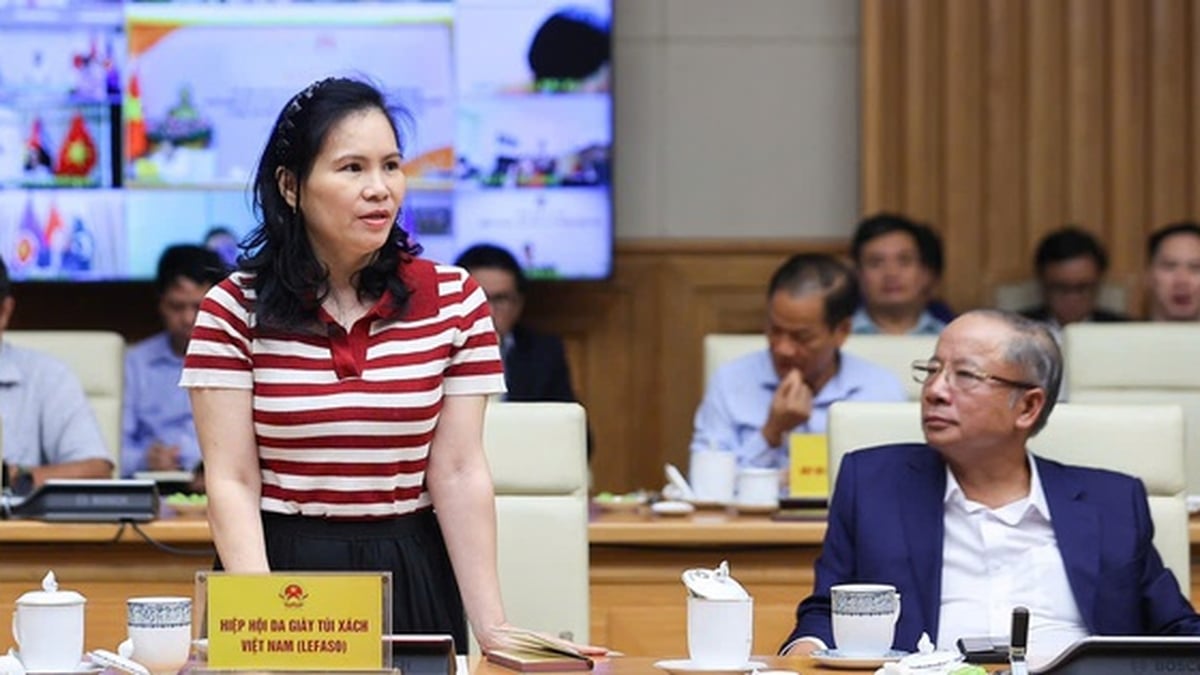

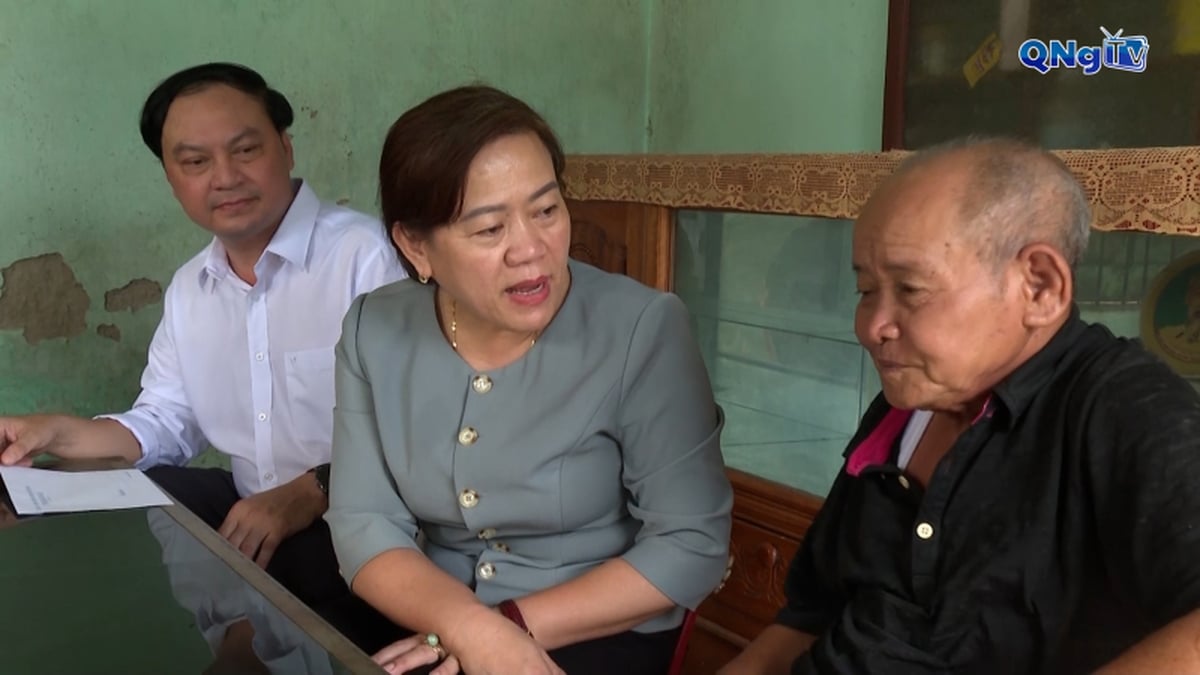



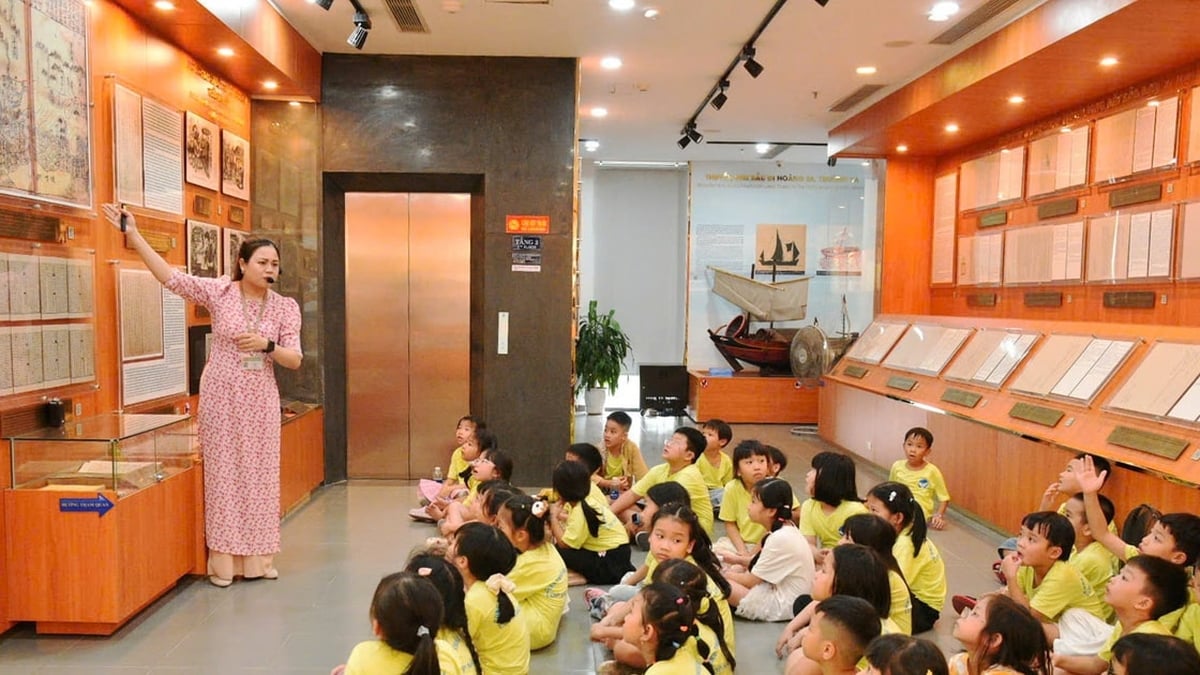
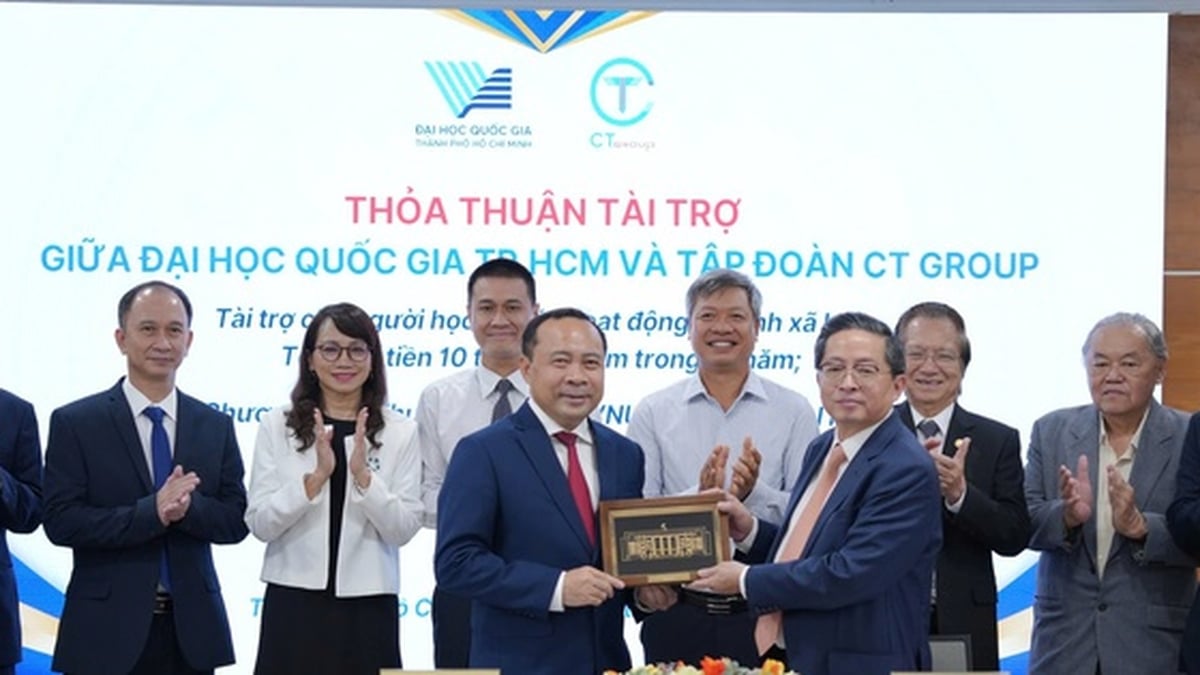
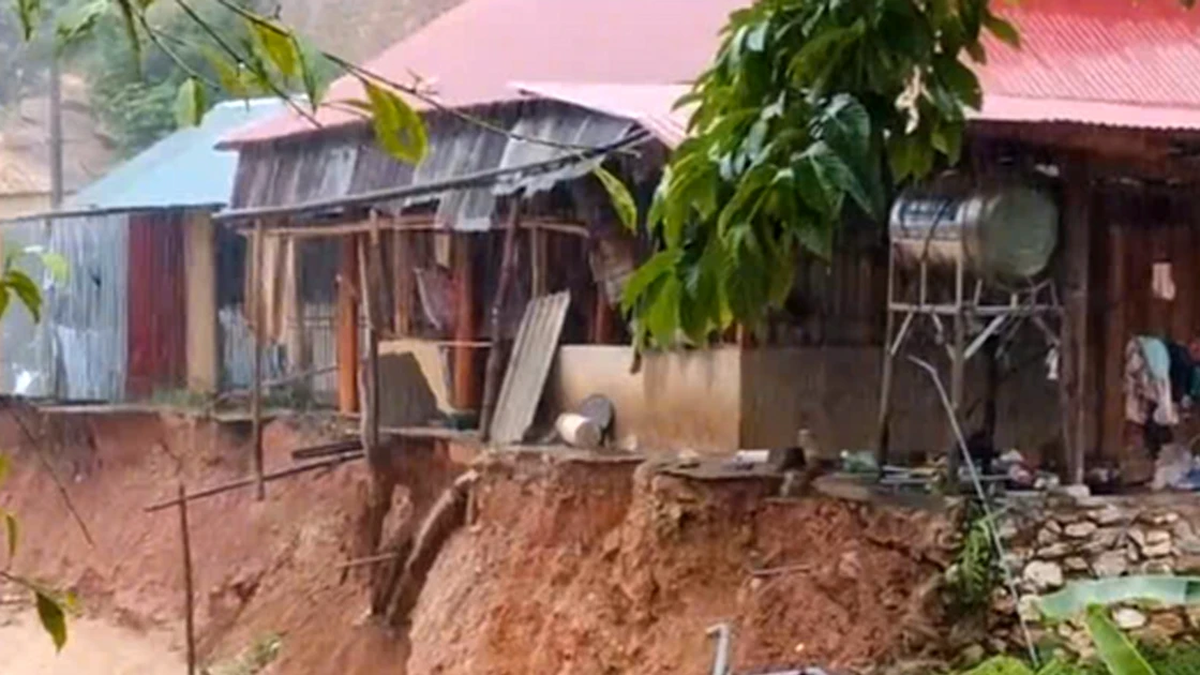




















































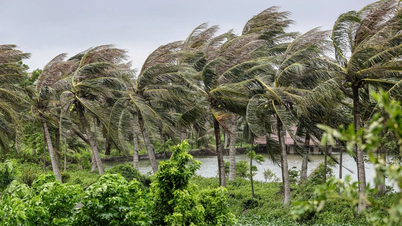
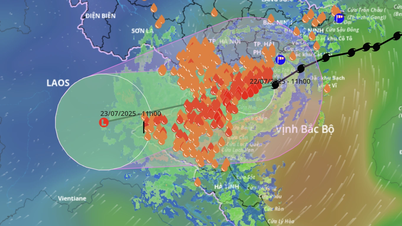
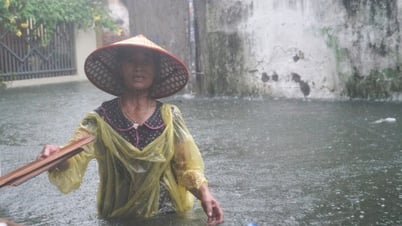
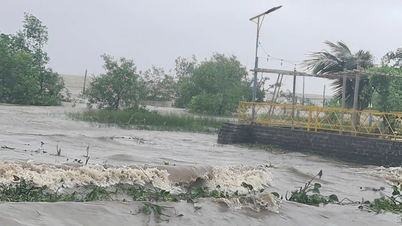





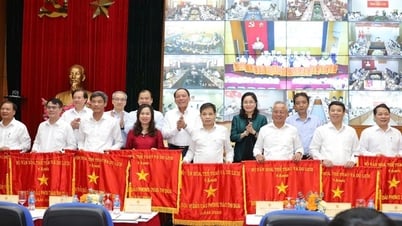


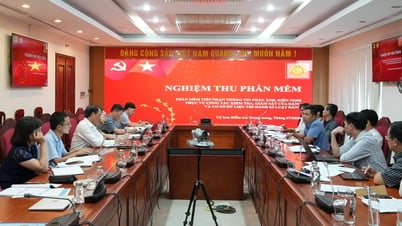


























Comment (0)